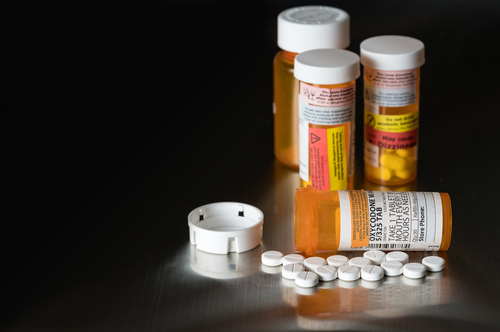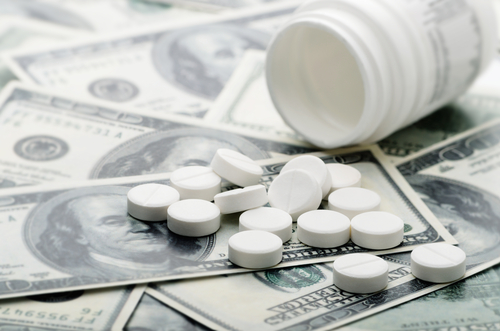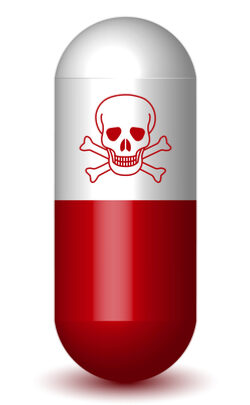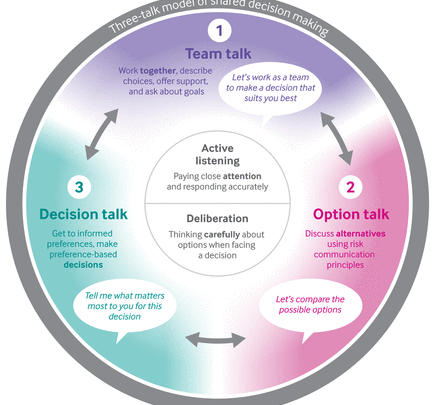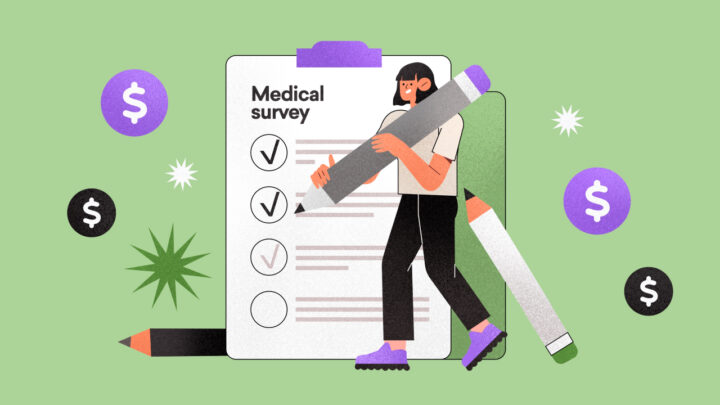
In November, the FDA announced an Adderall shortage in the U.S. The shortage is expected to last between 30 to 60 days and is being blamed in part due to surging demand and manufacturing delays.
Sermo surveyed 348 physicians to understand how, if at all, this would impact their practice and patients. It appears that not all physicians have seen the shortage themselves. In fact, the split was 50/50 between those that have and have not witnessed any disruptions.
What is Adderall?
Adderall is a drug prescribed for ADHD patients to treat their attention-deficit and hyperactivity. In the same Sermo poll, 74% report seeing ADHD diagnoses on the rise over the past years. This increase in patients is affecting the demand for Adderall, but diagnosis is not the only crunch on supply.
Due to the surge in demand, a large majority (74%) fear this shortage will force patients to try to find alternatives. This could be potentially dangerous not just for patients, but to those around them.
Why is there a shortage?
Covid ramifications, as it did to many corners of the economy and population health, had a negative impact on the Adderall industry. The pandemic has been disrupting mental healthcare services worldwide, including those related to ADHD. Some consequences, such as virtual schooling and remote work, as well as increased telemedicine, have posed new challenges for ADHD diagnosis and treatment.
On top of challenges to diagnosis and treatment, large pharmacies like CVS are reportedly no longer filling prescriptions for controlled drugs ordered by providers who work for some telehealth companies. This furthers the divide between patients and their treatment access and options.
How this impacts patient health
82% of physicians are concerned that this drug shortage could affect adult patients’ quality of life, their jobs, relationships, and more. Even more, 87% are concerned about the impact this could have on children with ADHD and their parents.
One General Practice physician on Sermo said, “[the] Adderall shortage will result in a drastic worsening overall and will affect the patients and their families. The alternative therapies may not be as effective and may result in problems.”
According to one family medicine physician on Sermo, “what is dangerous in the face of the scarcity of this medication is the alternative that patients may seek.”
A Sermo psychiatrist added, “When there is a shortage of medicines, patients usually have exacerbations of symptoms; we as doctors must offer them pharmacological alternatives and strategies in what regulates the supply of the drug since it causes important dysfunctions in the quality of life of the patient and those around him.”
Drug shortages are not just an Adderall issue, one orthopedic surgeon on Sermo stated that, “part of the cause of drug shortages is [their use] on the black market… Sad reality we face today.”
What’s next
Expected recovery times for manufacturers’ supplies of the prescription vary. Teva Pharmaceuticals, which sells the most Adderall in the U.S., has a 10 mg dosage of Adderall that is expected to rebound, but many of its generic brand offerings aren’t expected to recover until March 2023.
Manufacturer SpecGX’s higher doses won’t recoup until January 2023, while Rhodes Pharmaceuticals has a shortage of an active ingredient. Bloomberg health reporter Ike Swetlitz told NPR that the shortages began due to a labor shortage at Teva, causing production delays that began showing up at other companies. Additionally, an increase in ADHD diagnoses has been driving up demand for Adderall in recent years.
For patients having trouble renewing their Adderall prescription, experts suggest talking with your healthcare provider or shopping around at nearby pharmacies. Another strategy could be rewriting the prescription to a version of the medication that isn’t in such high demand.
—
On behalf of Sermo, thank you for checking out our blog post on ADHD and Adderall. This is just one of the many examples of physician research opportunities and insights available with Sermo.
At Sermo, we turn physician experience, expertise and observations into actionable insights for the global healthcare community. Engaging with more than 1 million HCPs across 150 countries, we provide physicians with a social platform that fosters impactful peer-to-peer collaboration & discussions about issues that are important to them and their patients. Sermo offers on-demand access to physicians via a suite of proprietary technology to provide business intelligence that benefits pharmaceutical, healthcare partners and the medical community at large.
Interested in learning more? Check back any time and follow us on Facebook, Twitter and LinkedIn for the latest and greatest in healthcare insights.
To explore our exclusive business solutions, please visit us at sermo.com/business or email us at business@sermo.com.

